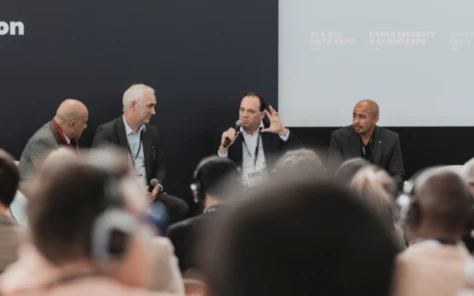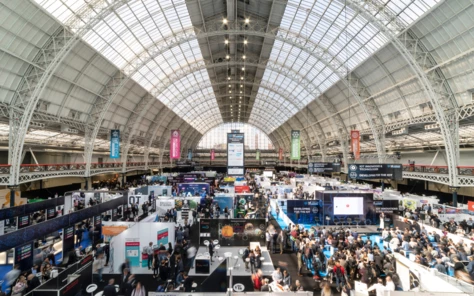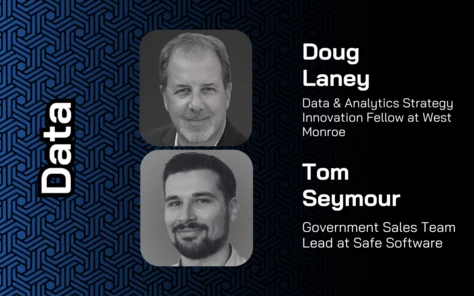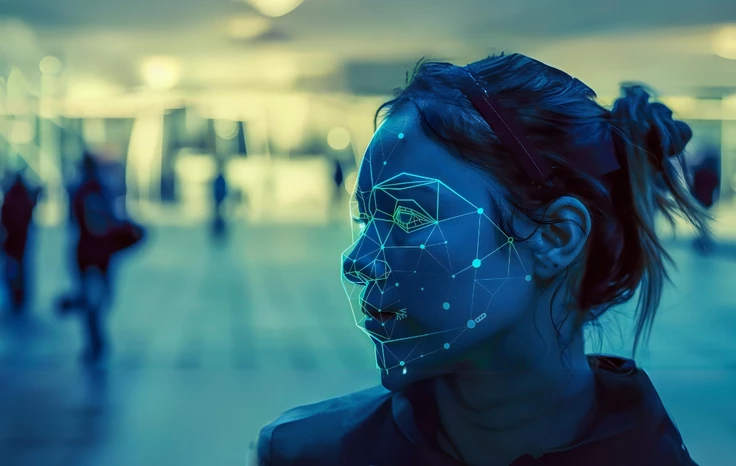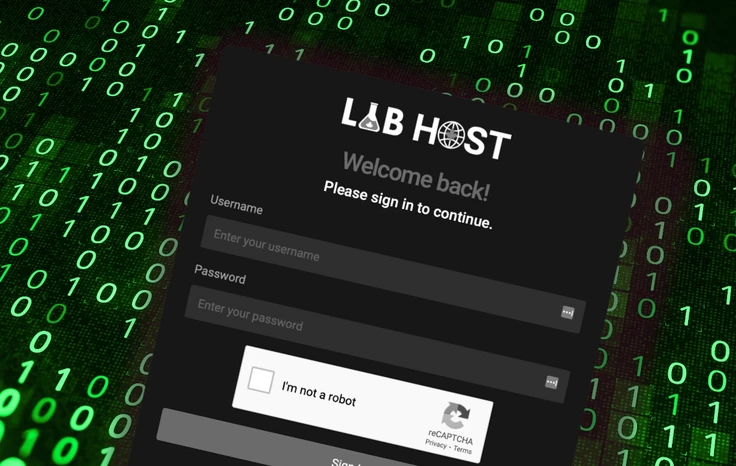Top 10 Ways to Prevent AI Bias
Auckland academics make major breakthrough in predictive AI
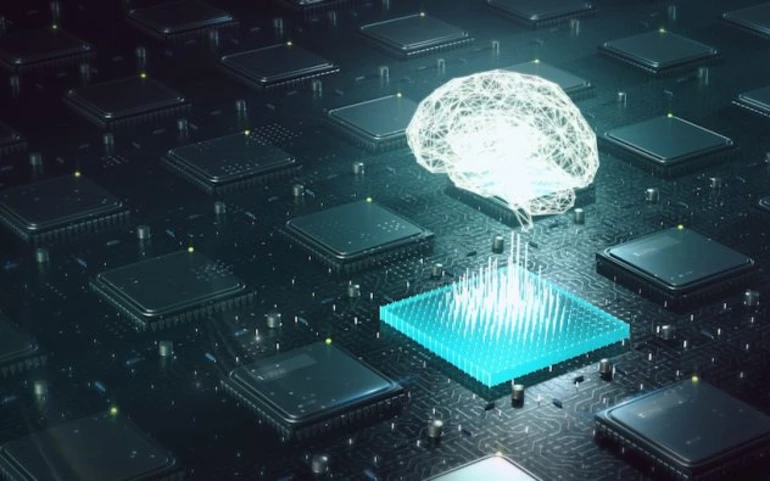
AUT researchers have developed a groundbreaking artificial intelligence (AI) model. According the New Zealand Herald, the AI has the capacity to predict an individual's choices before they have even made up their mind.
Auckland University of Technology (AUT) conducted the research. A team from AUT's Knowledge Engineering and Discovery Research Institute included PhD students and sisters Zohreh and Maryam Doborjeh, their supervisor Professor Nikola Kasabov, and Professor Alex Sumich from Nottingham Trent University.
Spiking Neural Networks
Research into spiking neural networks (SNNs) helped develop the groundbreaking model. To put it briefly, SNNs are artificial neural network models that closely mimic natural neural networks.
SNNs also helped develop NeuCube, a machine learning system modelled on how the human brain learns patterns. The technology is the world's first computational architecture for the creation of Brain-Like Artificial Intelligence (BLAI).
The experiment
20 participants had their brain data recorded with an EEG headset as they looked at a video of different beverage logos. The data was then synced to the NeuCube algorithm, which in turn classified the respondent's brain patterns.
The AI was able to actually predict a beverage of choice 0.2 seconds before the respondent consciously recognised the drink. The model also identified the respondent's reactions to familiar and unfamiliar logos.
The SNNs sisters
Maryam Doborjeh specialises in machine learning, while her sister Zohreh Doborjeh specialises in psychology. Combined, the PhD students developed a remarkable AI advancement.
Maryam Doborjeh, said "the brain is an amazing thing - it learns and remembers things and can recognise them before the person can." She insisted "to get a computer to be able to do that will change the way we all live."
Zohreh Doborjeh highlighted the subconscious element of an individual's decision-making. "Only 10% of people's decisions are intentionally made, the other 90% are made subconsciously by the brain based on previous experiences, history, genetics and other factors."
A game-changer
"This work will be a game-changer for marketing in particular," Zohreh Doborjeh asserted. Indeed, the model has the potential to be implemented in a wide variety of environments.
From neuromarketing, to criminal investigations and beyond, predictive AI could change the entire landscape of machine learning. Kasabov, the designer of NeuCube, says the breakthrough will catalyse more research and experiments.
"Researchers and social scientists will use this to understand better how much bias or prejudice we have due to our sub-conscience; what are our true preferences in life, how can we communicate better, and how can we learn better?"
Undertaking AI projects can be tricky. Take a look at Why Most AI Projects Fail by EM360 board member Chief AI Officer and co-founder of Ziff, Inc., Ben Taylor









